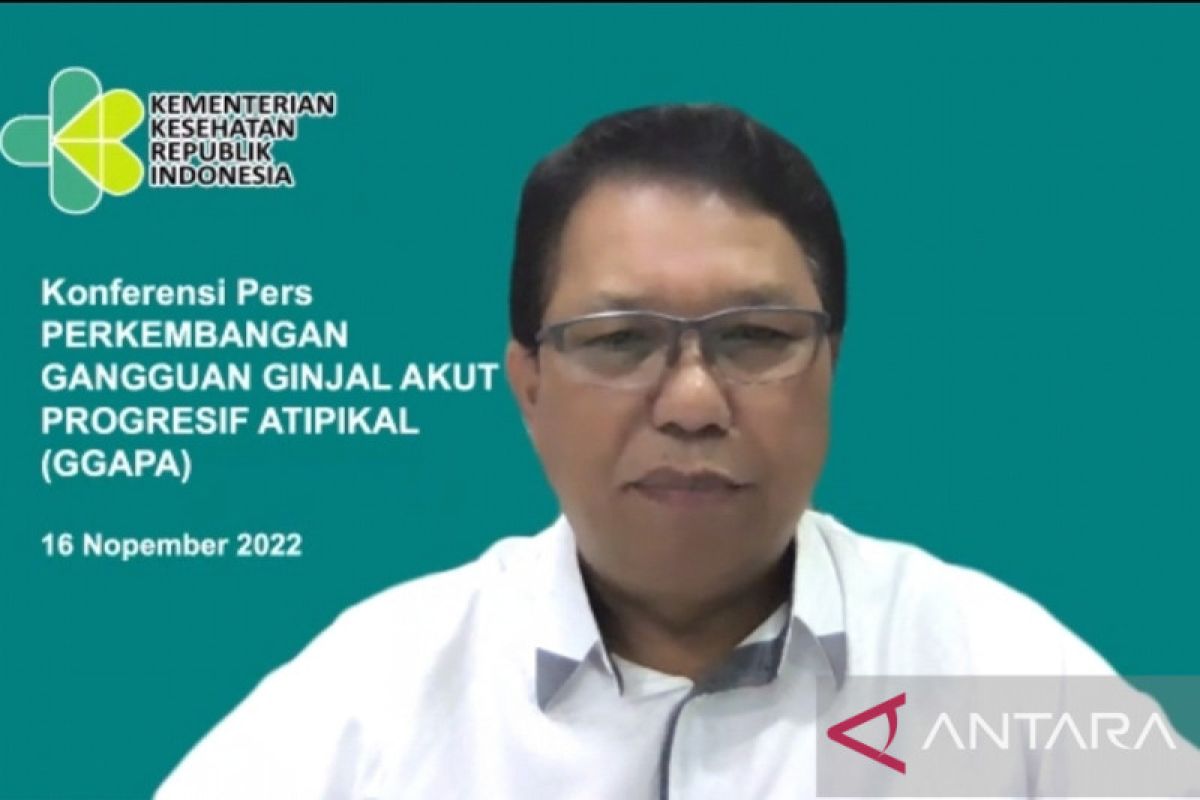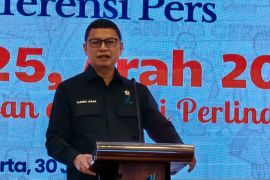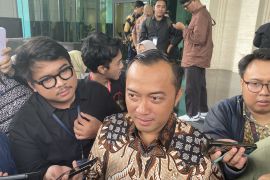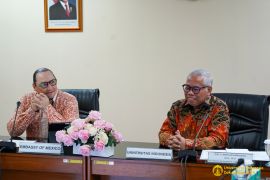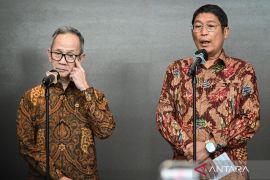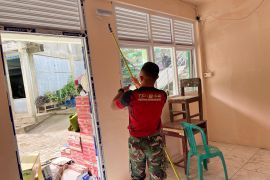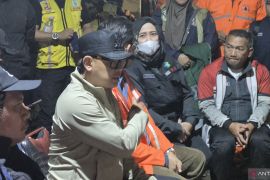The ministry is open and supports it if considered to be absolutely important.Jakarta (ANTARA) - The Ministry of Health has said that it is open to a revision of the national pharmacy management guidelines or pharmacopeia based on the evaluation of acute kidney injury cases.
"Because this pharmacopeia is a collectively made regulation, based on current development, the ministry opens itself to reform and revise it," ministry spokesperson Mohammad Syahril informed at an online press conference here on Wednesday.
Pharmacopoeia is a medicine standards book issued by government agencies that describes drug materials, chemical materials within drugs and their nature, and their usual dosage, he said.
It was formulated by involving the Minister of Health along with related officials, the Food and Drug Supervisory Agency (BPOM), and experts from various state and private pharmaceutical universities.
"This pharmacopeia is like a pharmaceutical holy bible in Indonesia, which serves as a guideline for managing pharmacy in Indonesia," he explained.
The suggestion to revise the pharmacopeia came from BPOM based on its evaluation of acute kidney injury cases, he said.
"The ministry is open and supports it if considered to be absolutely important," Syahril added.
Meanwhile, BPOM head Penny K. Lukito said that ethylene glycol (EG) and diethylene glycol (DEG) contamination standards related to acute kidney injury cases are not addressed by Indonesia's pharmacopeia for finished products, specifically syrup drugs.
"We cannot supervise the finished product of drugs that contain propylene glycol (PG) and polyethylene glycol (PEG) solvents suspected to also have EG and DEG contamination," she informed.
So far, BPOM has identified six gaps within the drug safety and quality assurance system, from upstream to downstream, based on the acute kidney injury cases in children.
The first is a lack of drug raw material stocks and differences in the prices of pharmaceutical-grade solvents containing chemicals.
The second is the entry of syrup drug solvent materials through limited non-restriction instead of a BPOM import license.
The third is a lack of provisions on contamination limits in finished products within Indonesia's pharmacopeia.
Fourth, there is no deterrence from lawsuits for drug and food crimes due to lack of evidence on the cause of death.
Fifth, the diverse maturity of the Indonesian pharmaceutical industry, and sixth, the non-use of the drug side effect reporting system or MESO by health workers.
Related news: IDAI, RSCM conducting research on using ethanol as AKI antidote
Related news: Probe into acute kidney injury cases on: Health Minister
Related news: Herbal medicine becomes focus of world researchers: Ministry
Translator: Andi Firdaus, Fadhli Ruhman
Editor: Sri Haryati
Copyright © ANTARA 2022
